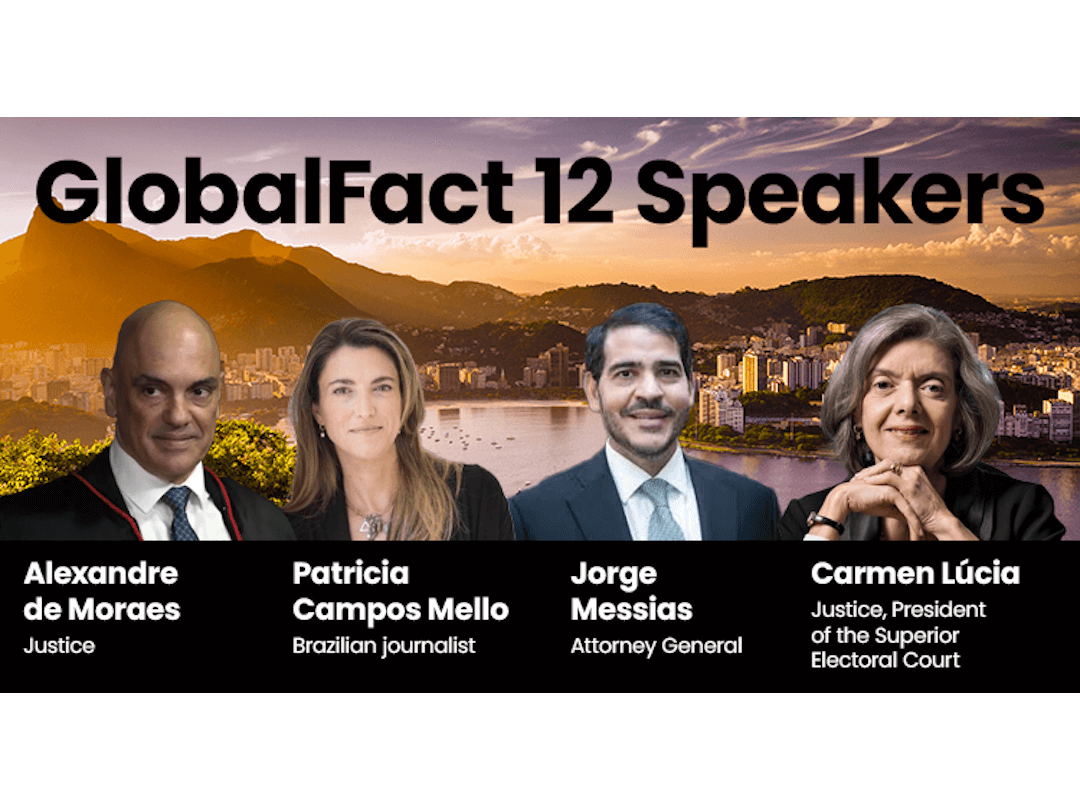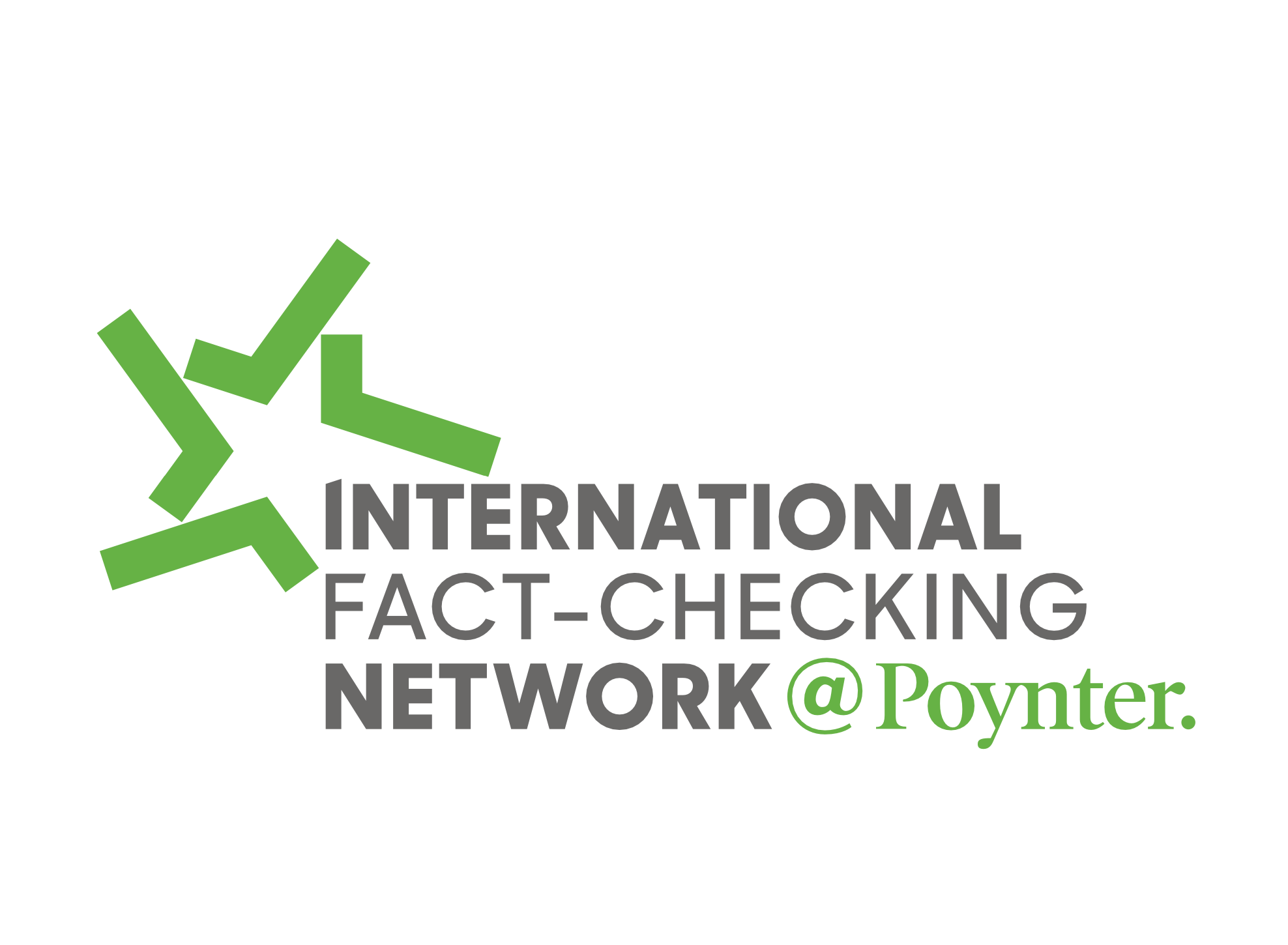Bob Steele cogently states the case for reporters to refrain from intervening in dangerous or violent circumstances.
The last thing I wish to do is quarrel with the premise that the journalist should seek to do no harm or the principle that the news organization have a set of thoughtful protocols.
But I’m concerned that we not blithely overlook how deeply our profession values enterprise, even in difficult conditions and especially in competitive circumstances. We encourage reporters, producers, and photojournalists to outwit people who withhold information or access. Journalism’s culture celebrates those who overcome official hindrance. Enterprise is such a central value of reporting that it would be foolhardy to believe it could and perplexing to think it should easily be curbed.
What took place in the Hank Earl Carr case does raise legitimate questions about the boundaries of journalistic instinct. A child had been killed. The suspect had escaped and killed three law enforcement officials. He had holed up in a gas station with a woman as hostage. It was a huge local story. On instinct, a journalist at WFLA figured out there probably was a phone in the gas station, got the number, dialed, and interviewed Carr. A St. Petersburg Times reporter in a competitive setting then got the number, dialed, and also interviewed Carr. There’s no indication that either conversation provoked Carr or increased the risk to the hostage–no sign, that is, either journalist did harm.
I’m reminded of a time when a reporter for whom I was an editor was frustrated that the Israeli military had blocked access to the front lines of a shooting conflict in southern Lebanon. He flew to Athens, Greece, flew to Beirut, and, ignoring my long-distance instructions to take no unnecessary risks, took a taxi to the front line, walked the no-man’s-land between combatants, and filed a piece about it on deadline. That was, to be sure, not quite a comparable circumstance, but had the reporter been wounded or had he caused an itchy combatant to fire at those on the opposing side, we’d have been debating the professional judgment involved.
As it turned out, he won a Pulitzer Prize.





